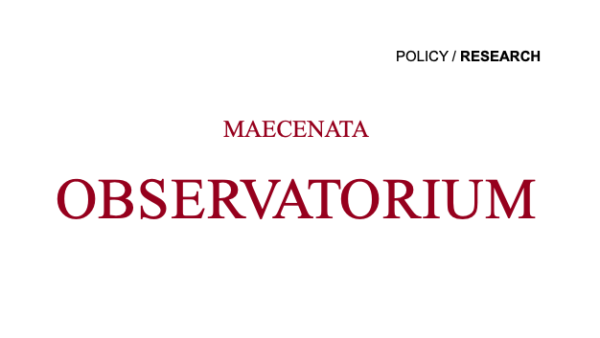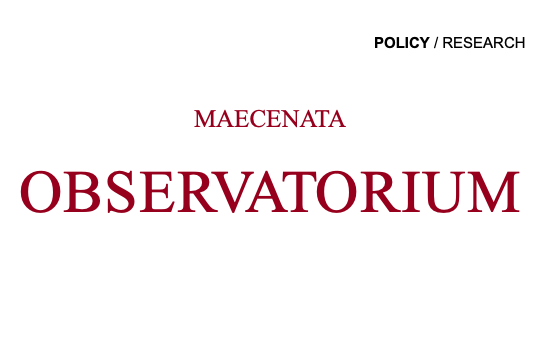Foundations
Whoever wants to establish their own foundation has lots of possibilities. They range from gifts in the form of donations, membership of an association and donations to an existing foundation to founding one’s own under various legal forms. Making an investment donation, developing it and having it be effective in the future is something special. In what follows, we will discuss this further.
General Information about foundations
>> Background information on foundations (in German)
Our projects on foundations
Current projects
Ongoing projects
Completed projects
News on foundations

Observatorium 61 – Trust in Philanthropy: a Monitoring and Self-Assessment Tool, now in Brazilian Portuguese
Observatorium 61 I 02.05.2022 | Luisa Bonin translates Philantropy.Insight report to Portugese > Download Observatorium as PDF > Watch here the video from the online […]
Are Foundations Hijacking Philanthropy? Why Philanthropy is about more than Donors and Foundations.
Observatorium 56 | 13.10.2021 | Rupert Graf Strachwitz is writing about how the idea of philanthropy has changed and which of its characteristic aspects have […]





